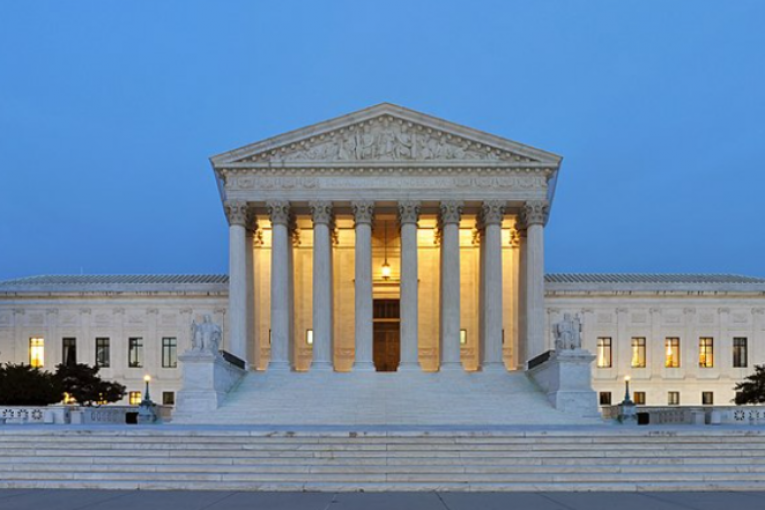
SOUTH CAROLINA — On October 11, 2023 the Supreme Court was in session to hear their second case of the year: Docket No. 22-807, Alexander v. South Carolina State Conference of the NAACP.
The main point of contention here has to do with whether or not a district in South Carolina engaged in racial gerrymandering in the redrawing of their district. A lower court ruled that the district was an unconstitutional gerrymandered, but the Supreme Court will look at it again to decide.
The district in question is believed to have gerrymandered because it displaced tens of thousands of black voters in order to achieve voter dilution. This essentially took away the power of black voters in South Carolina and created a safe district for the Republican party in charge of redistricting.
Racial gerrymandering is done by legislators in order to create districts that are favorable to certain political parties. It is one of many tactics that make up voter dilution. Racial gerrymandering was outlawed in 1965, but this case is bringing the subject back to light.
The 1965 Voting Rights Act, signed into law by President Lyndon B. Johnson, was created to help minority voters by removing barriers such as literary tests, poll taxes, and the like to voting.
Ever since racial minorities were given the right to vote, racial gerrymandering and voter dilution in general has had a large impact on minority voters by removing their power to represent themselves. Now, that power to protect minorities’ voting rights falls back into the hands of the Supreme Court.
A 1986 Supreme Court case, Thornburg V. Gingles, decided that there would be a three-part test to conclude whether or not voter dilution was taking place.
(1) The minority group must be able to demonstrate that it is sufficiently large and geographically compact to constitute a majority in a single-member district;
(2) The minority group must be able to show that it is politically cohesive;
(3) The minority must be able to demonstrate that the majority votes sufficiently as a block to enable the majority to defeat the minority group’s preferred candidate absent special circumstances, such as the minority candidate running unopposed.
This test is complicated to prove in court, but is completely necessary to hold districts accountable for improperly representing their districts. Not only could this test help better represent voters, it could also further legitimize our Democratic system.
The Supreme Court is going to be looking at six questions to determine whether or not the South Carolina district practiced unconstitutional gerrymandering.
The questions that will decide this case are as follows:
- Did the district court err when it failed to apply the presumption of good faith and to holistically analyze District 1 and the General Assembly’s intent?
- Did the district court err in failing to enforce the alternative-map requirement in this circumstantial case?
- Did the district court err when it failed to disentangle race from politics?
- Did the district court err in finding racial predominance when it never analyzed District 1’s compliance with traditional districting principles?
- Did the district court clearly err in finding that the General Assembly used a racial target as a proxy for politics when the record showed only that the General Assembly was aware of race, that race and politics are highly correlated, and that the General Assembly drew districts based on election data?
- Did the district court err in upholding the intentional discrimination claim when it never even considered whether-let alone found that-District 1 has a discriminatory effect?
This case can have a huge effect on the outcome of redistricting maps around the country. If the court rules in favor of Alexander it could mean the end of minority representation in red states. A decision in favor of Alexander would not only recreate racial voting barriers,but it would also infringe upon minorities’ right to proper representation.
With the fate of our Democratic system on the line, the only thing we can do now is wait to hear the verdict.